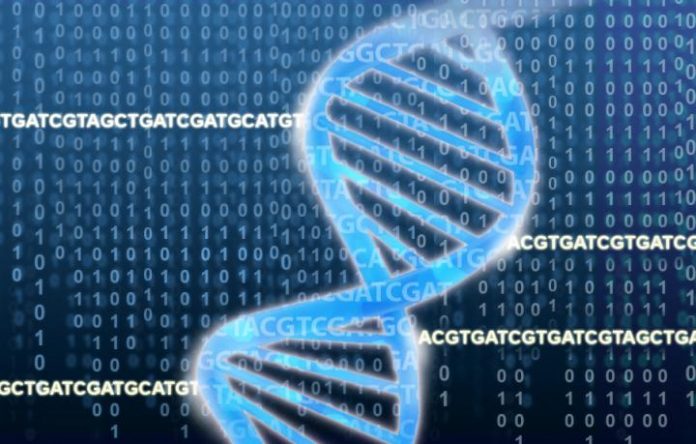
Australia’s national government will spend A$500 million (about $377 million) over the next 10 years on the nation’s first national human genome project.
The Australian Genomics Health Futures Mission is intended to foster and fund new research, clinical trials, and technologies, all with the goal of helping Australians to live longer and better by expanding access to genomics knowledge and technology.
The Mission’s first funded project, at A$20 million ($15 million), will be “Mackenzie’s Mission,” a pre-pregnancy screening program designed to detect rare and debilitating genetic birth disorders. The project is named for Mackenzie Casella, who last year lost her life to spinal muscular atrophy (SMA).
“It means that fewer children are likely to be born with these conditions in the future,” Australia’s Health Minister Greg Hunt told Parliament yesterday, according to The Australian Financial Review.
The program was announced earlier this year, with meeting with Mackenzie’s parents, Rachael and Jonny Casella. The Casellas gained public attention in Australia by advocating for genetic testing, lamenting that they had no idea that they both were carriers of the SMA gene.
Among key components of the Australian Genomics Health Futures Mission:
- New and expanded “flagship” clinical studies of rare diseases, rare cancers and complex conditions;
- New clinical trials designed to help translate new technology applications into patient care.
- Increased academic and researcher collaborations, including new career pathways for professionals.
- Government partnerships with philanthropies and businesses to fund new industries focused on applying genomic technology;
- Dialogue designed to promote the value of genomics to the broader community, as well as enhance appreciation of the privacy, legal, social and familial impact.
- New efforts to enhance data gathering and analysis, including national standards and protocols designed to ensure that the information is secure, accessible to researchers, and benefits Australians.
Michael Westaway, Ph.D., senior research fellow at the Australian Research Centre for Human Evolution at Griffith University, told Australia’s ABC network that the national genomics effort will also prove valuable in generating additional research about a key underrepresented group.
“Aboriginal people and their genomic data is very much underrepresented in health studies and so much of what we know about the epidemiology of populations is generated from DNA from other groups,” Dr. Westaway said. “To have it applied to Aboriginal health problems is a really significant boost to resolving some of these complex issues.”
The Genomics Health Futures Mission was also hailed by the Australian Genomics Health Alliance, an 80-organization national research collaboration of clinicians, researchers and diagnostic geneticists working together to promote the equitable, effective and sustainable delivery of genomic medicine in healthcare.
“This announcement is a tangible demonstration of the Government’s vision for the future of Australian healthcare,” said Prof. Kathryn North, lead of Australian Genomics and Director at the Murdoch Children’s Research Institute. “It brings Australia nearer to the scale of investment that we’ve seen for genomic initiatives internationally, and it will deliver such great benefit to Australians.”
The genomics mission is part of a A$1.3 billion ($979 million) Health and Medical Industry Growth Plan. Its three largest components include A$240 million (nearly $181 million) over five years for a Frontier Health and Medical Research program intended to support “groundbreaking” research toward new treatments and technologies; A$206 million ($155 million) over five years toward funding clinical trials; and A$125 million ($94 million) over nine years to establish a Targeted Translation Research Accelerator designed to advance early-stage health and medical research toward proof-of-concept and human clinical trials.
“Australia has the right capabilities for success–excellent research talent, innovative businesses and a genomics workforce that is already internationally highly regarded,” Australia’s Department of health said in a statement.











